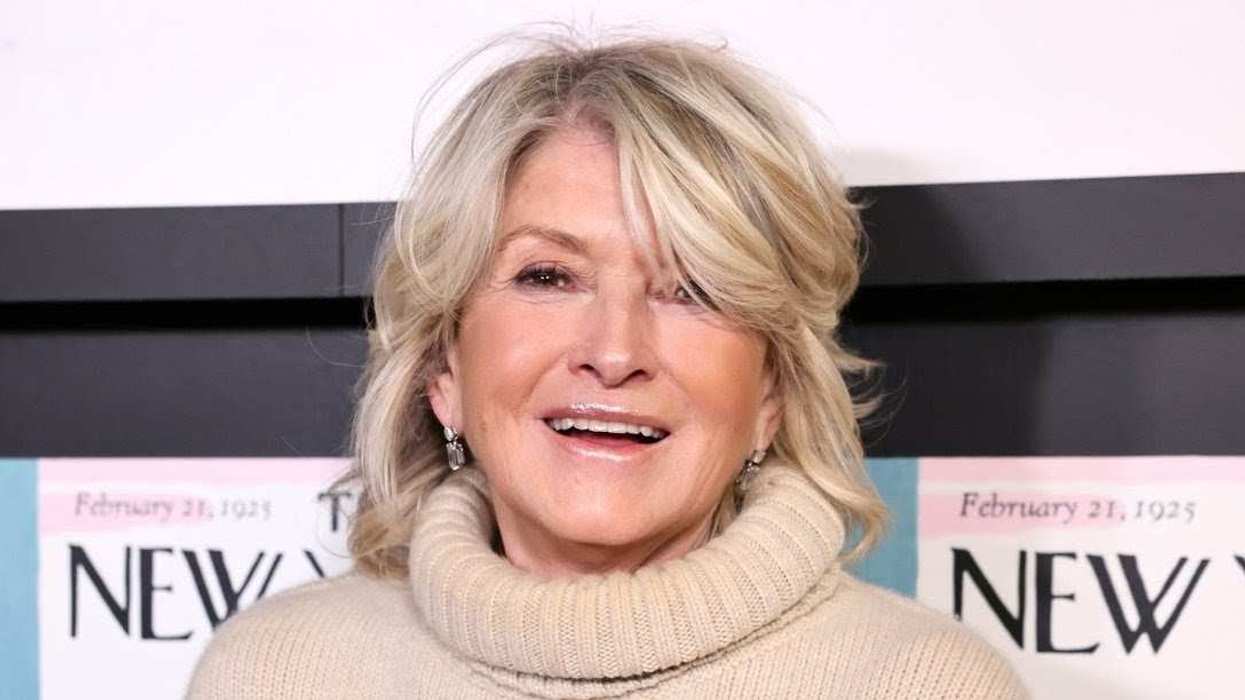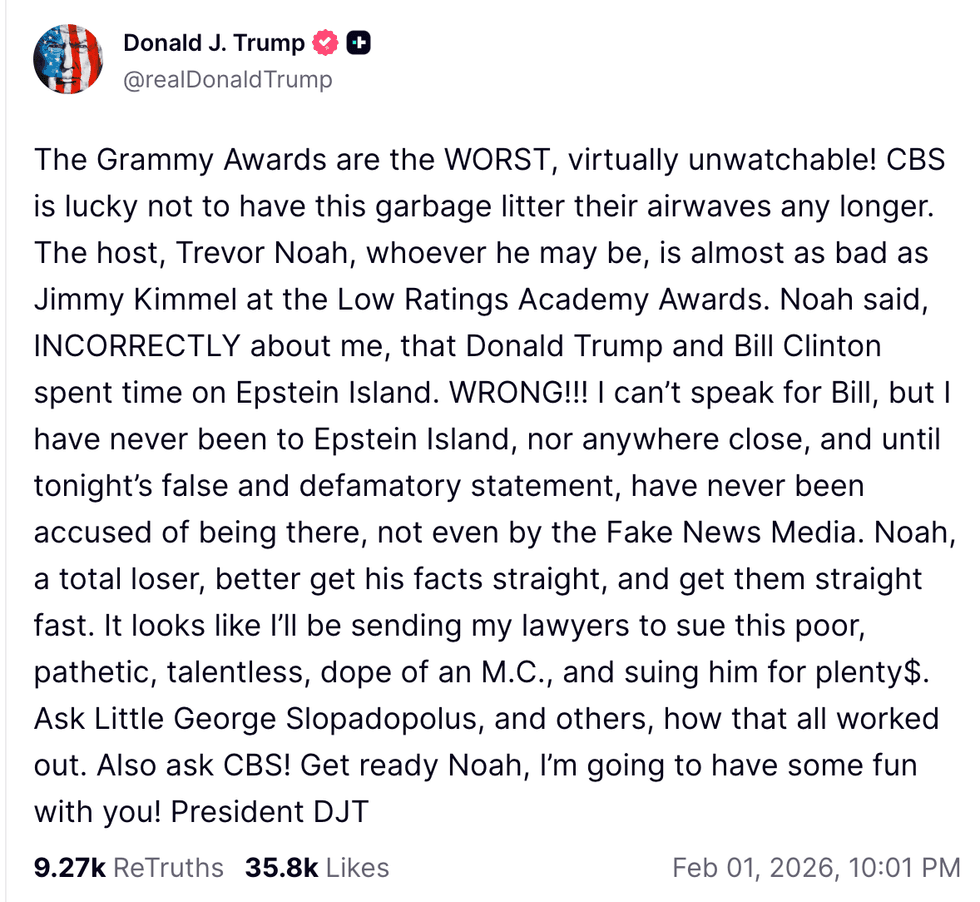The Senate Judiciary Committee hearings to determine Judge Amy Coney Barrett's place on the United States Supreme Court have seen a variety of questions regarding Barrett's interpretation of the law and the ways in which her personal beliefs could transform the policies of the nation.
Lawmakers from both sides of the aisle have emphasized Barrett's belief in an originalist interpretation of the U.S. Constitution—for better or for worse.
Originalism dictates that issues like rights for marginalized groups should be expanded through the legislative process, not through new interpretations of the Constitution from judicial benches.
Barrett expanded on what the originalist philosophy means for her during the hearings, saying:
"So in English, that means that I interpret the Constitution as a law, that I interpret its text as text and I understand it to have the meaning that it had at the time people ratified it. So that meaning doesn't change over time. And it's not up to me to update it or infuse my own policy views into it."
The philosophy has faced a wealth of criticisms, including the assertion that founding fathers deliberately left language open to interpretation—such as the term "cruel and unusual" punishments instead of a specific form of punishment—so that the Constitution could evolve with the times.
It wasn't long before Yale Law School graduate and 2016 Democratic presidential nominee Hillary Clinton offered her two cents on originalism.
At the time the Constitution was ratified, women couldn't vote, much less be judges. https://t.co/B0oxTT2nzt
— Hillary Clinton (@HillaryClinton) October 14, 2020
Clinton pointed out that women weren't allowed to vote at the time of ratification, and that a woman on the bench would've been unconscionable to the founding fathers, implying that—under Barrett's own interpretation of the law—she would be excluded from consideration for the Supreme Court.
Some applauded the former Secretary of State's retort.
I keep pointing out that she disqualifies herself with her stance, but apparently facts are subjective.
— laura (@Hufflepuffen) October 14, 2020
Not only would Barrett not be allowed to vote, but the Judiciary Act of 1789 set the first supreme court justice seats at just 6. She is being rammed through as the 9th seat, so under originalism, she wouldn't even be there, either, nor would Kavanaugh or Gorsuch.
— BSMan (@BSManCallsBS) October 14, 2020
I'm excited to be counted 3/5ths of a person again!
— Sarah Cooper (@sarahcpr) October 14, 2020
pic.twitter.com/jvvy6jp3St
— Franks (@FrankieRoseG) October 14, 2020
100% shade from Madame Secretary. I'm here for it. pic.twitter.com/deZPJ2n4nw
— Platypus in a hat (@PlatypusInAHat) October 14, 2020
Thank you Madam Secretary. How's she an Originalist, but originalism doesn't apply to you? pic.twitter.com/ufRhqDj9Hd
— Chantay Berry 💛💛 (@iamchanteezy) October 14, 2020
Others asserted that an originalist interpretation still treats amendments to the Constitution—such as the 19th Amendment granting women the right to vote—as an equal part of the document.
Originalism doesn't mean we're irrevocably stuck in 1789. It means that judges don't arbitrarily update or change the constitution's meaning [or statutes]. The people, working through the democratic process of amendment, change or update the meaning, and judges abide by that.
— Amy Swearer (@AmySwearer) October 14, 2020
True. It was amended though and she's including Amendments as part of the Constitution
— Wes Breton (@BretonWes) October 14, 2020
That's not what originalism is. There are amendments. They're as much part of the Constitution as the original document.
Also, women could *technically* hold office way back then. The first woman judge was Esther Hobart Morris, in 1870, 50 years before the 19th Amendment. pic.twitter.com/zViFvtTody
— Ben Pray the Rosary! ⚜️☘️ (@BenMarleor) October 14, 2020
With a Republican majority in the Senate and a Republican in the White House, Coney Barrett's confirmation is almost certain.














 @obamaatredrobin/X
@obamaatredrobin/X
 @realDonaldTrump/Truth Social
@realDonaldTrump/Truth Social

 @.a.zan/TikTok
@.a.zan/TikTok @.a.zan/TikTok
@.a.zan/TikTok @.a.zan/TikTok
@.a.zan/TikTok @.a.zan/TikTok
@.a.zan/TikTok @.a.zan/TikTok
@.a.zan/TikTok @.a.zan/TikTok
@.a.zan/TikTok @.a.zan/TikTok
@.a.zan/TikTok @.a.zan/TikTok
@.a.zan/TikTok @.a.zan/TikTok
@.a.zan/TikTok @.a.zan/TikTok
@.a.zan/TikTok @.a.zan/TikTok
@.a.zan/TikTok @.a.zan/TikTok
@.a.zan/TikTok @.a.zan/TikTok
@.a.zan/TikTok @.a.zan/TikTok
@.a.zan/TikTok @.a.zan/TikTok
@.a.zan/TikTok